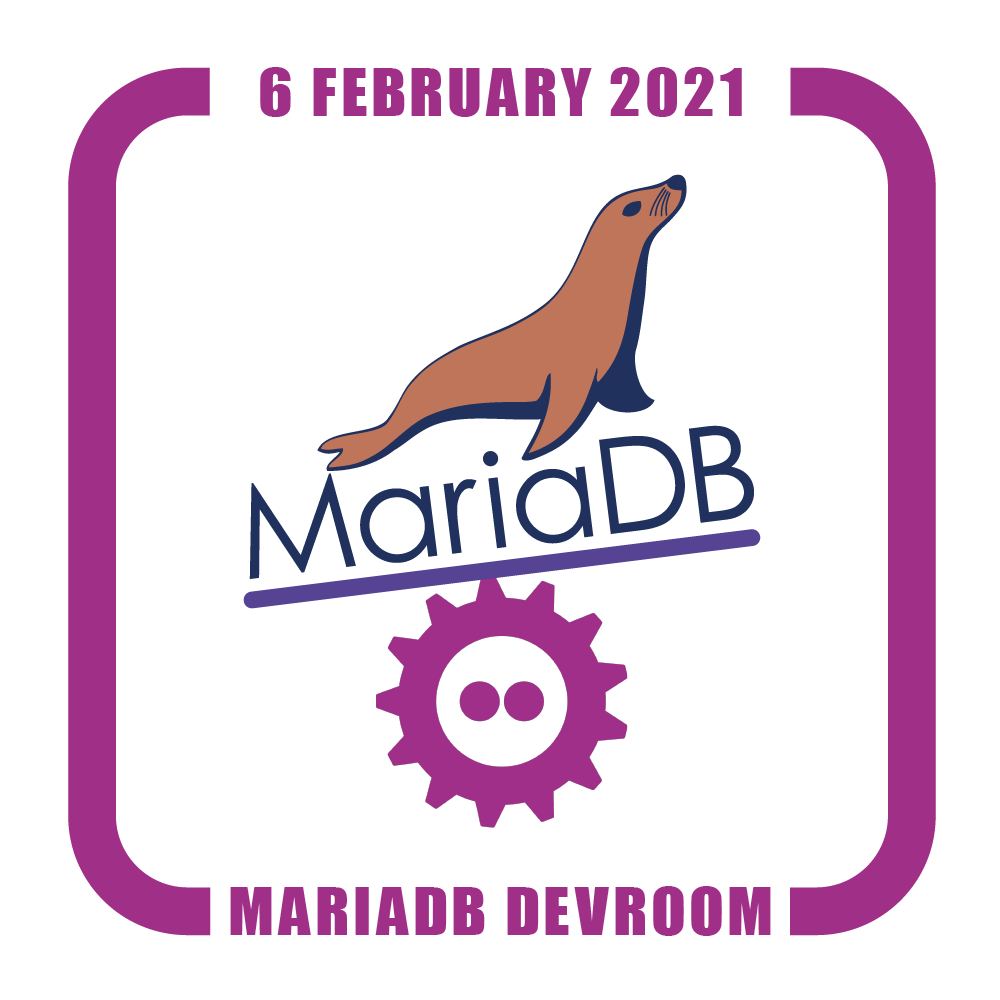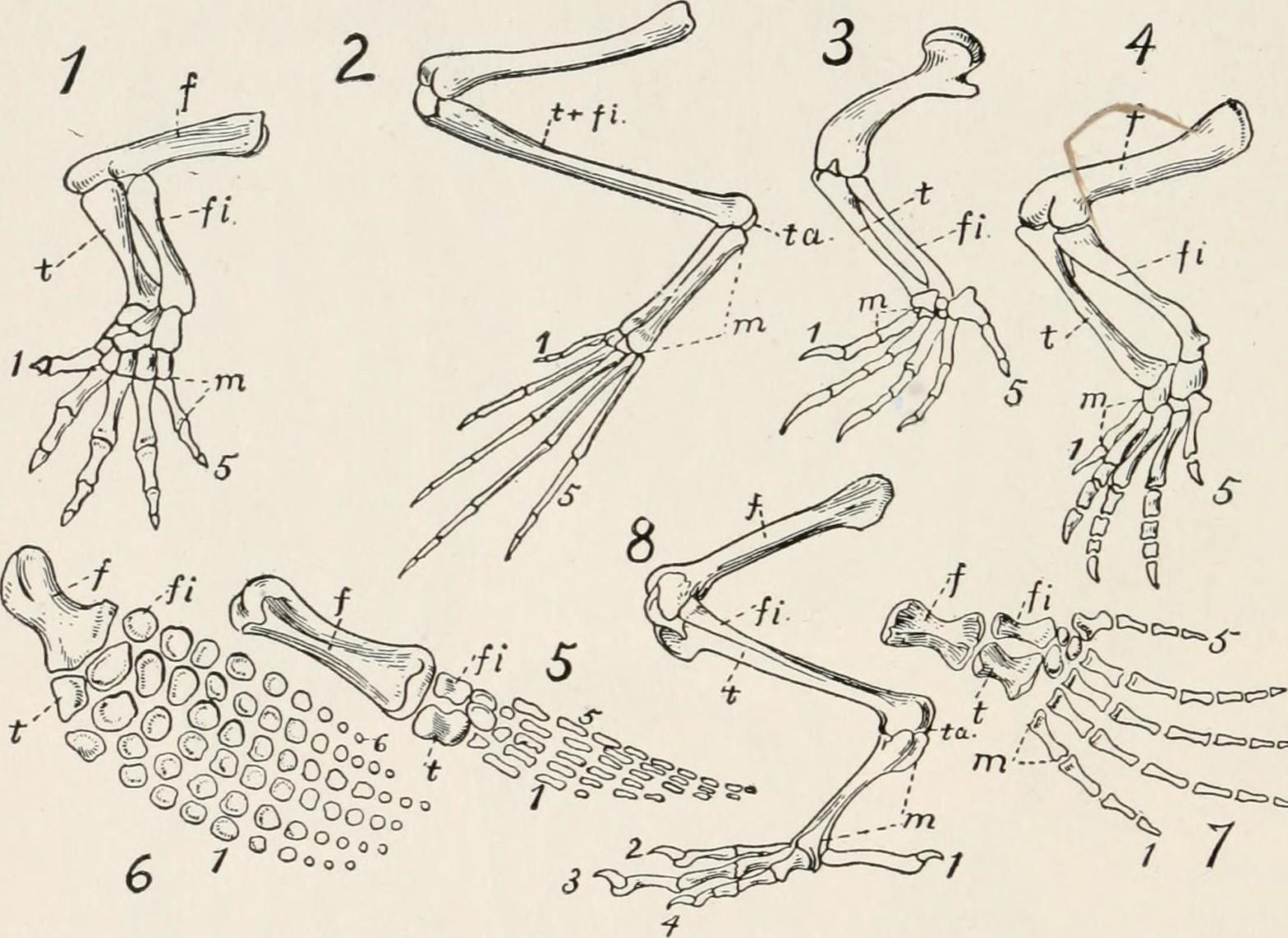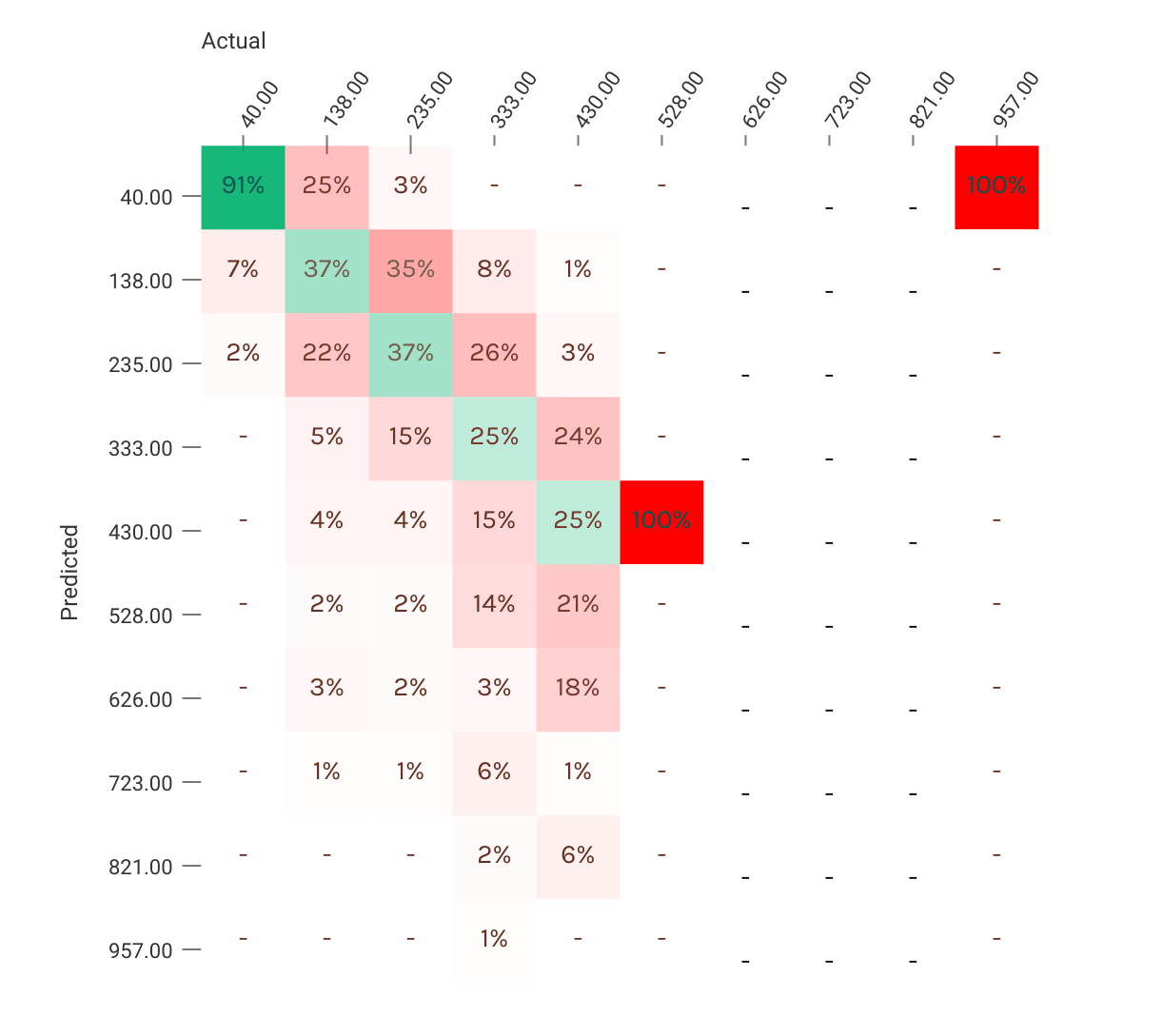Category Archives: Community
Federico Razzoli, Vettabase director and consultant, and well-known member of the MariaDB community, has contributed a new section to the MariaDB documentation, on Automated MariaDB Deployment and Administration.
Topics covered include:
- Why to Automate MariaDB Deployments and Management
- A Comparison Between Automation Systems – A summary of the differences between automation systems, to help evaluating them
- General information and hints on automating MariaDB deployments in various environments, specifically:
- Ansible and MariaDB
- Puppet and MariaDB
- Vagrant and MariaDB
- Docker and MariaDB
- Kubernetes and MariaDB
- HashiCorp Vault and MariaDB
- Orchestrator Overview
This is an ongoing effort, and Vettabase, a technology partner of the MariaDB Foundation, will be helping to maintain these sections in the future. …
Continue reading “Automated MariaDB deployment and administration”
Our first poll is your chance to influence how MariaDB Foundation thinks about where we should focus our limited resources. What is most important for you: that we increase our efforts in fixing bugs? That we take the existing features, and make them faster? That we take the existing features, and make them easier to use? Or that we develop new functionality?
Rate each of the four items with up to five stars!
…
Today FOSDEM has started! Attend the live sessions happening in the MariaDB devroom (10-18 CET) – and chat about the sessions. Visit the MariaDB Stand (9:30-18) with its own chatroom. And take our poll. Note! We have video issues with the live Q&A – hope it will be fixed through FOSDEM later today. Arranging a meeting for 8000 developers is hard, and attending it can be bewildering – also online.
More notes: How To FOSDEM 2021.
Around this time each year, thousands of free and open source developers gather in Brussels for FOSDEM.
…
2020 has seen quite a few developments with the ARM architecture. For MariaDB things are no different. First we have expanded our testing infrastructure to cover more Linux distributions (Debian, Ubuntu, Fedora, CentOS, RedHat) on ARM and we are now building packages for all of them. The next MariaDB release will include additional binary tarballs for ARM distributions, in addition to the already existing RPM and DEB packages.
All this could not be accomplished without the help of Huawei, who have donated several ARM builders to our effort. We strongly believe that only by testing on as many different platforms as possible, with as many different compilers as possible we can guarantee MariaDB’s performance and stability.
…
In the name of the MariaDB Foundation, I would like to thank Tencent for their significant contributions to the MariaDB Server in 2020. The permission to, and encouragement of, Tencent staff to contribute towards MariaDB shows a superior and practical understanding of the value proposition of open source in delivering value to everyone at the same time as reducing software maintenance costs.
About Tencent’s DB Kernel Team
Tencent has a cloud native database kernel R&D team, focusing on database kernel optimisation and architecture evolution. The team is experienced (over ten years of database R&D experience) and serves hundreds of thousands of enterprise users.
…
We hear you, Kristian Köhntopp! Thank you for taking the time to articulate what many others are probably thinking.
For those of you to whom this sounds cryptic, let me share how I interpreted Kristian Köhntopp’s blog MySQL: Ecosystem fragmentation (https://blog.koehntopp.info/2020/10/28/
mysql-ecosystem-fragmentation.html), published last week:
Kristian noted that the question “Which version of MySQL do you run on?” for a long time hasn’t been merely answered by a simple version number, since there are reasons to perceive MariaDB and Aurora to be “variations to the same theme”.
…
You might have heard the story of how we picked a sea-lion as our logo. Now that this lovely beast has been with us for a while, we think it’s high time to give it a name and of course we turn to our wonderful community for suggestions.
The rules are simple: complete this form, telling us what you think we should name the sea lion and why. Later, Maria Widenius will pick her favorite from the submissions, and the winner will get a collection of MariaDB t-shirts and other swag, an artwork by Maria, and of course eternal fame!
…
Machine learning is one area that cannot succeed without data. Traditionally, machine learning frameworks read it from CSV files or similar data sources. This brings an interesting set of challenges because in most cases the data is stored in databases, not simple raw files. It takes time and effort to move data from one format to another. Additionally, one needs to write some code (usually python) to prepare the data just like the ML framework expects it.
I was pleasantly surprised when I saw during the MariaDB Server Fest that MindsDB, an automatic machine learning system, presented their integration with MariaDB.
…


